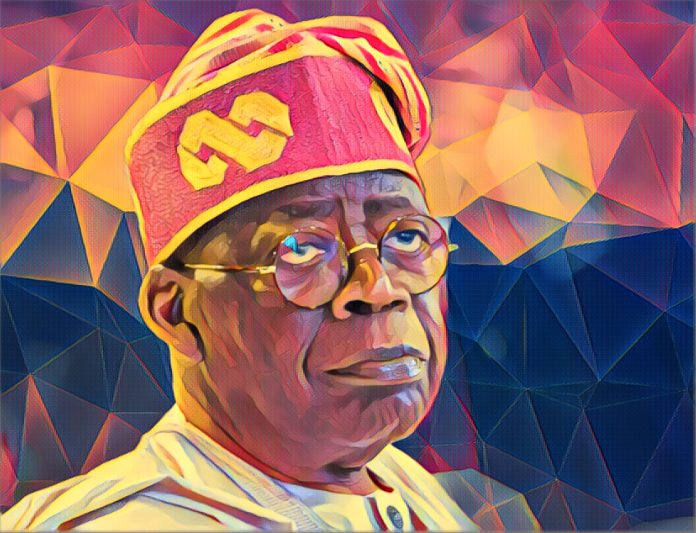President Bola Tinubu of Nigeria is set to convene with leaders from the Organized Labour in Abuja today, to resolve the ongoing disputes concerning a new minimum wage for Nigerian workers. The discussions will take place at the Aso Villa, the official residence and workplace of the President.
This crucial meeting, as reported by Channels Television, will see the President engaging with the heads of both the Nigeria Labour Congress (NLC) and the Trade Union Congress (TUC). On the agenda is a decision on the proposed minimum wage amounts: the government and private sector’s proposal of ₦62,000 and Organized Labour’s demand for ₦250,000.
The timing of this meeting is significant, coming a month after President Tinubu, in his Democracy Day speech on June 12, announced plans to introduce an executive bill regarding the new national minimum wage. This bill is intended for swift passage by the National Assembly.
This meeting follows a period of heightened negotiations which saw the Federal Executive Council, under President Tinubu’s chairmanship, pausing deliberations on the new minimum wage memo to allow more comprehensive engagement with stakeholders. Furthermore, during the 141st meeting of the National Economic Council (NEC), President Tinubu and Vice President Kassim Shettima discussed the wage adjustments with governors from all 36 states and relevant ministers.
Negotiations for revising the minimum wage have been ongoing for some time, driven by the expiration of the Minimum Wage Act of 2019 in April 2024. This Act, which previously set the minimum wage at ₦30,000, mandates reviews every five years to align with the economic realities faced by workers.
In January, President Tinubu established a Tripartite Committee to negotiate the new wage, including members from Organized Labour, representatives of federal and state governments, and the Organized Private Sector. Despite efforts, the committee did not reach a consensus, prompting labour to initiate an indefinite strike on June 3, significantly disrupting major services across the country, including airports, hospitals, and banks.
The strike, which was a response to the inadequate minimum wage incapable of meeting the average Nigerian worker’s needs amid rising inflation and economic adjustments, was briefly suspended on June 4 following assurances from President Tinubu about his commitment to setting a minimum wage above ₦60,000.
Subsequent discussions resumed, yet by June 7, no agreement had been reached. Labour adjusted its demand from ₦494,000 to ₦250,000, while the government increased its offer by ₦2,000 to ₦62,000. Both proposals have been submitted to President Tinubu, who is now tasked with making a final decision and forwarding an executive bill to the National Assembly.
The outcome of Thursday’s meeting could have profound implications for Nigeria’s socio-economic situation. It will determine the financial wellbeing of millions of workers and potentially stabilize sectors critical to the nation’s economy.



